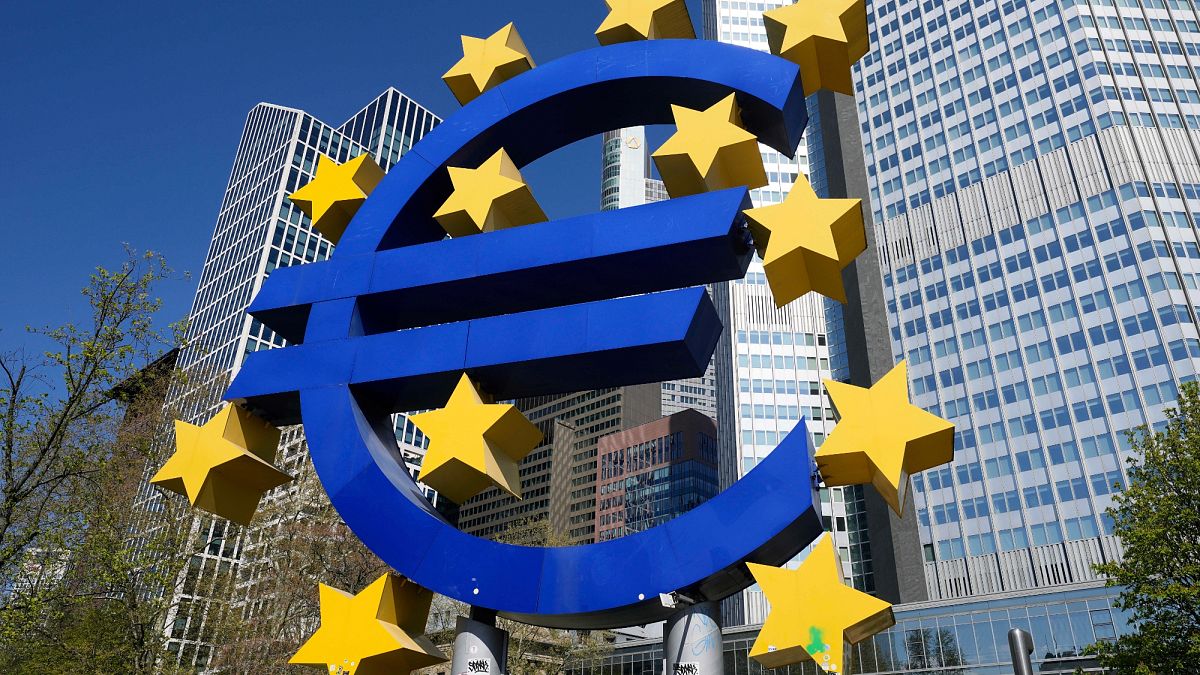

In the wake of significant changes and announcements across Europe, the continent is witnessing some notable movements in economic and business sectors. These developments are poised to influence both market dynamics and consumer experiences in the times to come.
The Euro has made remarkable strides this year, appreciating by 13% and positioning itself at a four-year high. The growth trajectory of the single currency is attributed to strategic fiscal policies within the eurozone, alongside the unfolding political landscape in the United States. Together, these factors have contributed to increased market interest and optimism regarding the Euro’s potential to reach or even surpass the 1.20 mark compared to the US dollar. This period of robust growth underlines the evolving nature of international currency markets and reflects the broader economic confidence within the eurozone.
In parallel with these currency movements, the business sector is abuzz with speculation and market activities. A significant point of interest is the recent surge in BP’s share prices, spurred by rumors of a takeover by Shell. These rumors gained traction following a Wall Street Journal report, yet Shell has been quick to dispel these speculations, clarifying that no talks are currently in progress for such an acquisition. Such rumors often lead to short-term fluctuations in stock prices as investors react to potential mergers and acquisitions within major industry players.
Meanwhile, airline passengers across the European Union are set for a more seamless travel experience owing to a regulatory shift by the EU. The new policy prohibits airlines from charging extra fees for hand luggage, a practice that has long been a cause of frustration for travelers. This change is expected to simplify the booking process and enhance passenger satisfaction by removing additional charges that have often resulted in unpredictable travel costs. The decision signifies a move towards creating more traveler-friendly regulations and is anticipated to impact consumer behavior positively.
On the fiscal front, France is taking measures to stabilize its economy amid rising debt levels. With debt hitting new records, the French government has announced additional spending cuts amounting to €4.7 billion. These cuts are deemed necessary to manage the budget deficit effectively and sustain economic health. This approach reflects France’s commitment to fiscal responsibility and prudent economic management, which can serve to reassure markets and promote long-term financial stability.
Collectively, these developments highlight the dynamic nature of the economic and business environment in Europe. From currency valuations and market speculations to consumer-centered regulations and fiscal strategies, each movement contributes to the intricate tapestry of factors shaping the continent’s economic future. As Europe navigates these changes, the focus remains on promoting stability, growth, and positive consumer experiences, fostering an environment conducive to sustainable development and prosperity.
Source: {link}
